I’m sure it’s not going to be a surprise to say this, but God of War Ragnarok is probably going to be the game of the year for many people. As the sequel to one of the most critically acclaimed games of the past five years, Ragnarok is the kind of sequel that seems to be the first game, but more. Personally, I have only gotten a few hours into the game, but so far I’m enjoying myself. I’m not in love with it though. It’s the same feeling I had when I played the 2018 sequel. It’s good, but the more I think about the new direction the series has taken, the more I miss the classic God of War games.
Make no mistake — Ragnarok is a solid game, but these new Norse-inspired games feel radically different and don’t seem interested in capturing the same magic and energy that the earlier games did. Each era’s priorities go in a completely different direction and want to please completely different audiences. Both are engaging, but I find that the original games were engaging because they’re simple, fun, and entertaining, while the newer entries are engaging because of their meaningful narratives and performances.
No matter which mythology Kratos finds himself in, the God of War series is about killing a lot of gods in increasingly gruesome ways. The style of how you do so is what changed. The earlier games followed a more arcade-style beat ‘em up formula where Kratos could see an entire room full of enemies and gracefully move from enemy to enemy, eviscerating them without missing a beat. The later games took on a third-person action style with an over-the-shoulder camera and more restrictive movement. The movement in the 2018 sequel and Ragnarok is methodical, but when you spent 13 years prior brutalizing enemies with the speed and efficiency of Kratos, I had difficulty making the shift. My brain could not process the new style, and I was left disappointed by it.
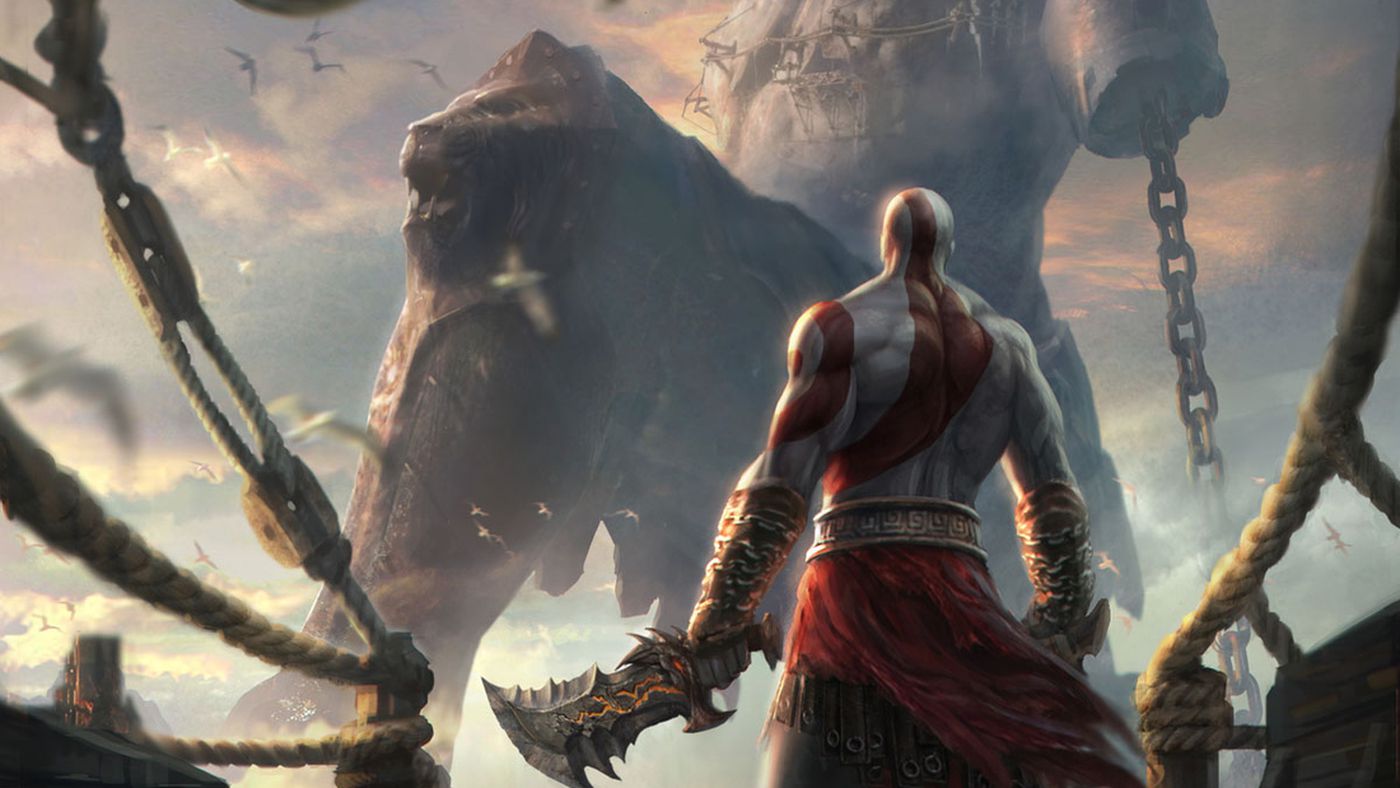
To me, the early God of War games were about immediacy. There was very little downtime in those games. Even when there were moments you could take a breather, you knew that there was no rest for Kratos and you had to keep moving in order to accomplish your goal. You could argue that it does make those games repetitive since the puzzle-solving elements were barebones and the platforming was equally basic; those games never tried to be about anything other than action. You almost always followed a linear path to accomplish your goal, and that was okay because you were basically on a roller coaster thrill ride.
Comparatively, God of War (and I would assume Ragnarok) have a lot more going on besides visceral action. There are artifacts to collect, treasures to find, secret enemies and challenges throughout Midgard, and a crafting mechanic to boost your armor among many other smaller additions. These are all fine, but they complicate the gameplay in a way that I don’t find necessary.
In the earlier games, you got health and magic boosts, new weapons or abilities to use, and red orbs to increase your various weapons and spells. It was simple and easy to implement. After getting your new power-up or upgrade, you were right back into the action. I find the newer games make gameplay needlessly complicated under the guise of adding “more depth” but detract from the immediacy that the original games were so good at. Just because something has more systems in play doesn’t mean that I will enjoy interacting with them.
However, as someone who enjoyed the early God of War games, I admit that the newer entries have a more developed and fleshed-out cast to tell their stories. Kratos is a dominant character in both periods of the franchise, but his time in Midgard allows him to interact with characters that actually feel like characters. With characters like Freya, Boy Atreus, Mimir, Baldur, and many others, the characters in God of War (2018) serve a purpose to the larger narrative. They aren’t just obstacles for Kratos to encounter and inevitably kill, like basically everyone in the earlier entries.
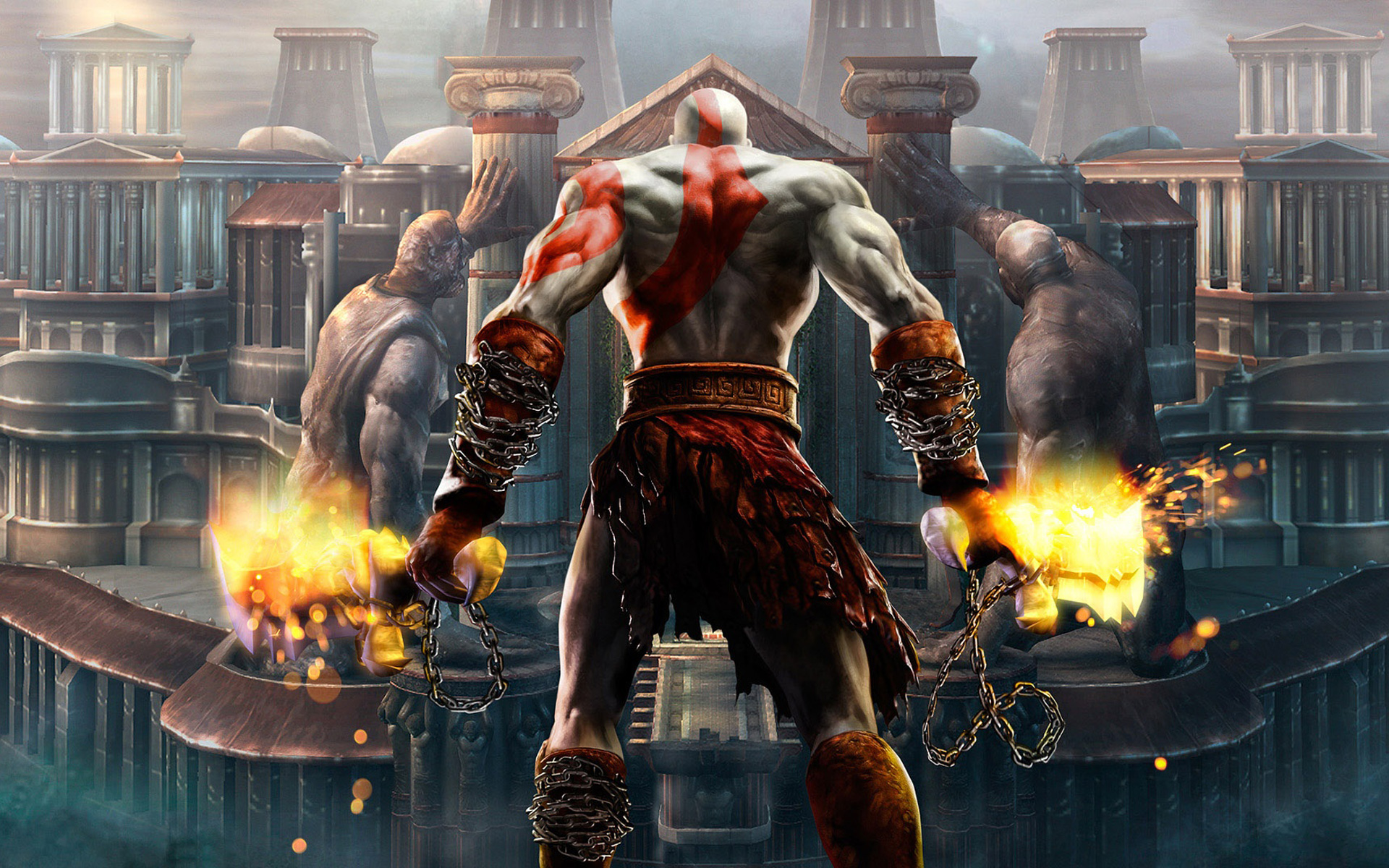
It was an issue that Santa Monica had to deal with in games like God of War: Ascension. Most of those characters felt very underdeveloped because they served one goal: to be boss fodder for Kratos. That’s why the main antagonists of the game, the Furies, felt like villains of the week for Kratos to confront and lacked any real connection to Kratos’ ongoing character drama. However, I don’t really view that as a negative against the series because I never played the original games for their stories. Despite solid narratives (especially the first game), the focus was always on providing thrilling action and satisfying gameplay.
The Midgard games, in comparison, are slower and more deliberate. They want to take their time to establish the setting and stakes, endear you to the cast, and really drive home the gravity of the situation Kratos and Atreus find themselves in. It isn’t a bad approach, but it does result in the early hours of those games dragging considerably in comparison to those of the original games.
I think we can all agree that God of War as a series excels at its introductions. Each game makes a great first impression and gets you excited about the rest of the game. But looking back, I find the intros to games like God of War II to be infinitely more entertaining, exciting, and efficient at setting the stakes than something like Ragnarok. In God of War II, the game starts in the middle of an epic battle where Kratos fights the Colossus of Rhodes and has to use every last ounce of his godhood to defeat him, weakening him to the point of Zeus being easily able to kill him. The intro lasts about 30 minutes and ranks among the best introductions in any video game because of how swift it is at introducing a conflict and giving you one of the best bosses in the entire series.
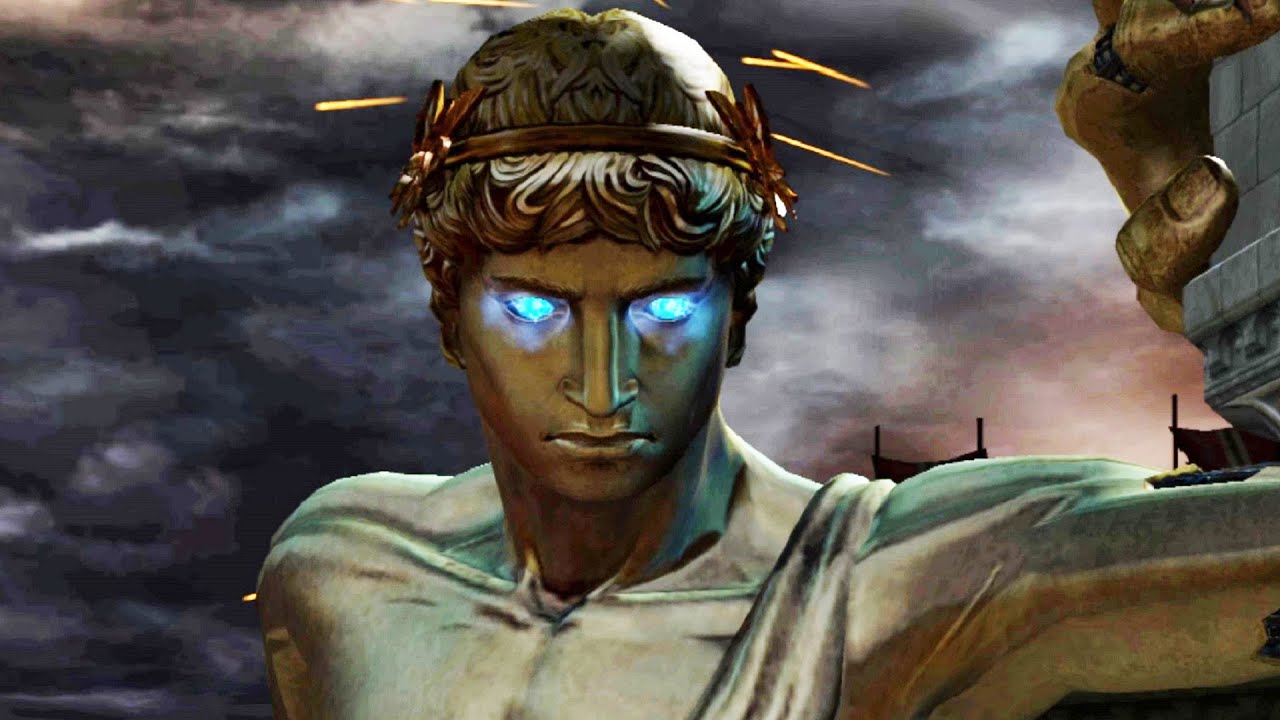
Comparatively, in the same amount of time, God of War Ragnarok features numerous cutscenes and tutorials, relearning how to navigate and utilize Atreus, and a scene that introduces us to Thor and Odin. After a chat in Kratos’ house with some gripping tension, we’re then thrust into a fight against Thor, but it doesn’t feel as satisfying as our bout with the Colossus. The fight against Thor is more of a tutorial of some combat mechanics, but it’s way more obvious about them than the Colossus. The Colossus of Rhodes is also a tutorial fight, but it never feels like one.
Both games do ultimately set up their conflicts well, but one fight left me with adrenaline coursing through my veins from the scale of the fight I just partook in, while the other left me with a tease of a future conflict that will get picked up again hours later. I’m just not as immediately satisfied by Ragnarok’s intro, and I could say the same for Baldur’s fight in God of War (2018). In the long run, the Thor conflict will probably lead to a spectacular fight that I’m sure to love, but when the other games could give me such a high so early on, it’s hard not to mention it.
While I do openly admit that the newer entries have far superior storytelling abilities over the earlier games, I have to scratch my head at claims that Kratos wasn’t a developed character until God of War (2018). Kratos was always well developed. His time in Greece served to be a commentary on the nature of revenge and how it only ends up destroying everything and leaving people worse off than they were before.
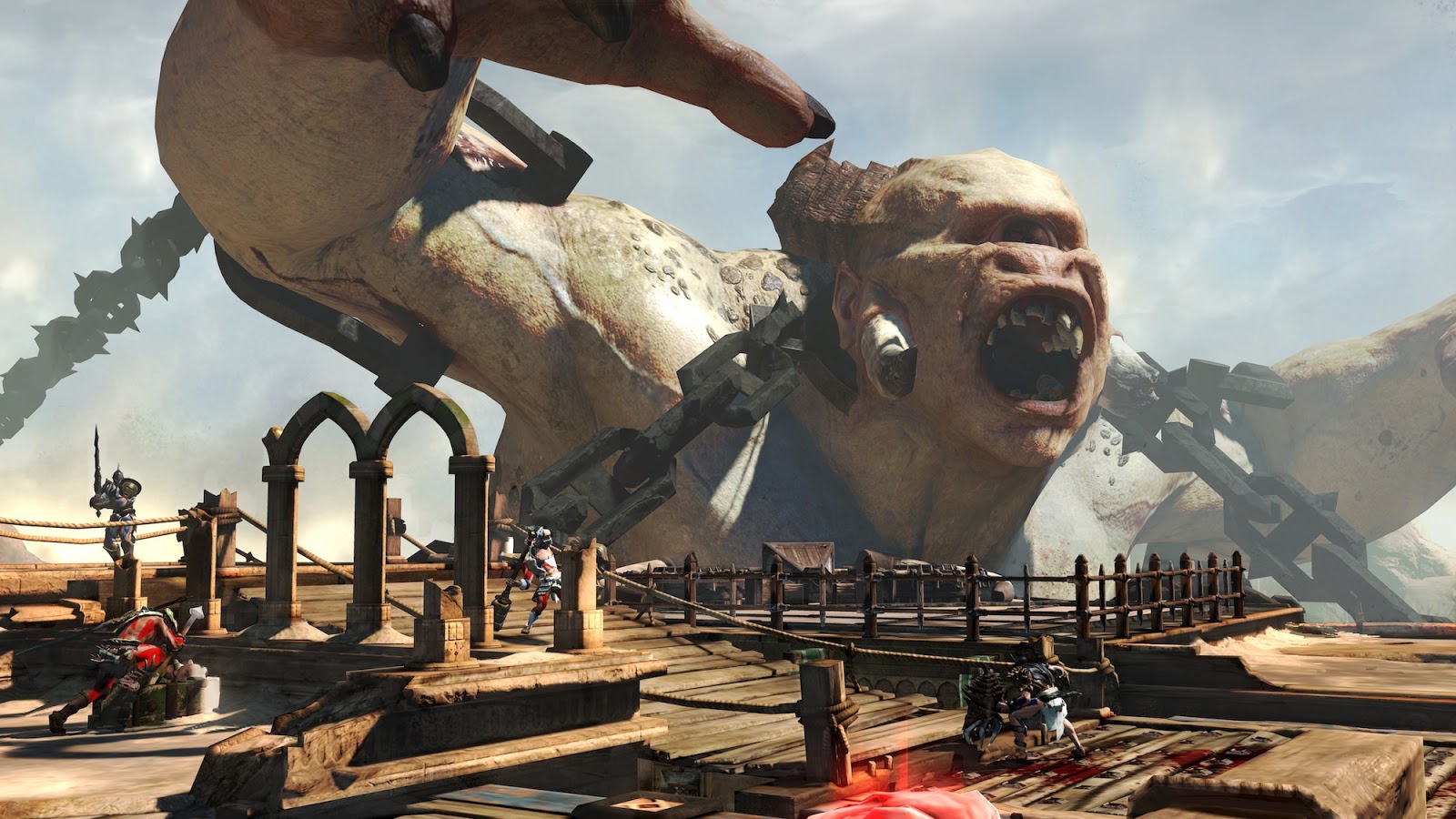
In fact, there were even beautiful character moments for Kratos in the original games. In God of War: Chains of Olympus, Kratos was reunited with his dead daughter and gave up his powers to be with her, but he had to tearfully forsake being with her again in order to save the world from Persephone and Atlas. Kratos always had depth and complexity; it’s just that the games were more interested in other things.
Both periods of the franchise are engaging and well-developed, but it feels like God of War Ragnarok and its predecessor are chasing trends rather than setting them. God of War was a force of nature when it was released in 2005. It inspired many franchises to take up several of its gameplay mechanics and popularized the use of quick-time events in gaming despite not being the one to originate it. But Ragnarok doesn’t feel as influential or revolutionary. It’s iterative, but it’s iterative of a game that already drew a lot from the trendsetting The Last of Us. And even in regards to its narrative, one could make the argument that all that God of War (2018) did was take beats and character moments from games like BioShock Infinite, The Walking Dead, and The Witcher 3: Wild Hunt.
Again, I’m not saying that Ragnarok is a bad game. I’m enjoying my time with it so far. But I said the exact same thing when I played God of War (2018) before I stopped playing it four hours into the game and pushed it to my backlog. Meanwhile, I don’t think I would have ever put any of the earlier God of War games on hold because they were so aggressive about demanding my attention and keeping it. Classic God of War was not just fun action games, but fun action games I find myself coming back to time and time again. But I’m sure that if Ragnarok maintains course, it’ll be a one-and-done game just like its predecessor.

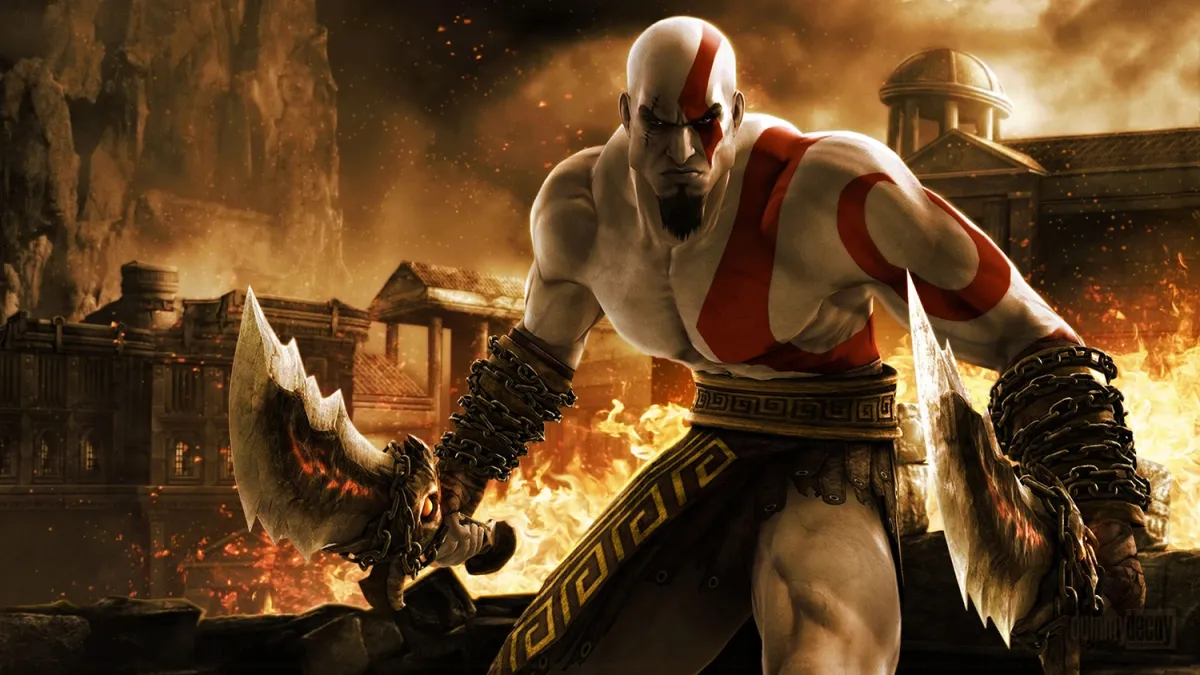



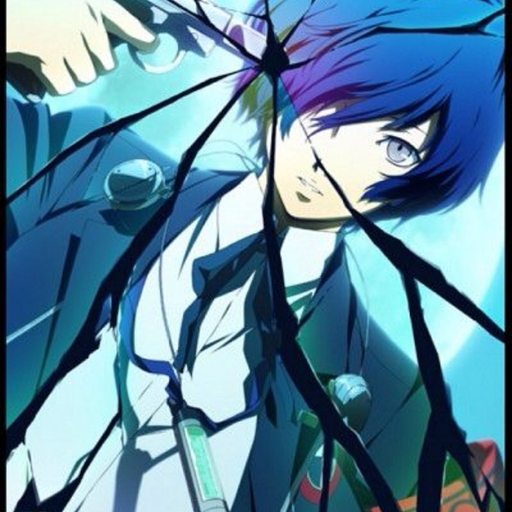
Published: Nov 29, 2022 02:15 pm